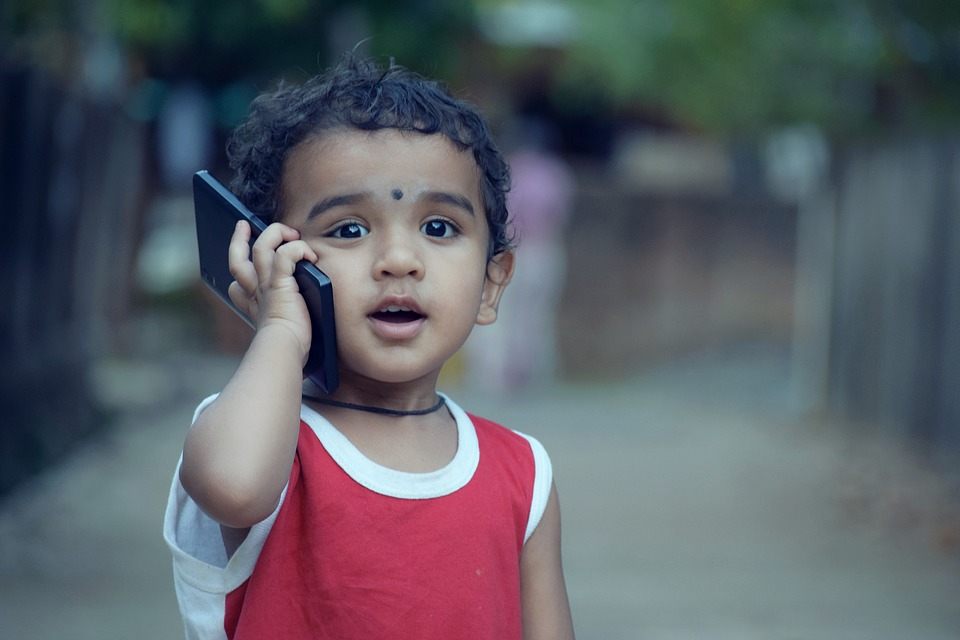Let’s be clear, a child means anyone under the age of thirteen. And let’s be honest, almost everyone at WIS has had a phone before the age of thirteen. If you walk around the campus, you see all sorts of people on their phones. Sitting in the student center, lounging on the field and sitting on the grass… I am going to tell you what happens when you pick your phone up.
Let’s start with PHUBBING. Phubbing is when you are in the middle of a conversation and you pull out your phone to check instagram, or text someone back. Whatever you are doing, you are blocking out the person who is trying to have a face to face conversation with you. As stated in a CNN article entitled Is Phubbing Ruining Your Relationships, “The typical American checks their phone once every six-and-a-half minutes, or roughly 150 times a day.” (www.cnn.com/2016/12/14/health/phubbing-phones-relationships/index.html)If you phub people when you are young, it has long lasting effects on you. For one, you grow up ignoring the people around you and focusing more on your screen. This can strain friendships and romantic relationships, and everyone wants to have their happy ever after, don’t they? Plus, when you phub someone, they think that it is okay to phub someone else.
Now we are going to talk about health hazard of having a phone as a child. There have been a lot of studies about the impact of cell phone radiation on your body. Children who have phones are more likely to have non-malignant tumors in the brain and ears. The WHO (World Health Organization) has confirmed that children absorb more than 60% of the radiation into their brains than adults. Cell phone radiation is “possibly carcinogenic to humans” stated the WHO in 2017, which means that children are more likely to have cancer if they have phones at a young age. Plus scientists discovered that just 2 minutes of exposure to cell phone radiation can alter the electrical activity of a kid’s brain, or how the brain functions, for up to an hour. This can have an effect on kids’ learning abilities, their behavior and their mood.
Finally, let’s talk social media. The positive side of social media is that it helps you connect with people from all over the world. It can help kids and adults connect with their friends and family, help kids develop new perspectives on different issues and learn new things. But there’s a downside. First, as a parent, you can’t really control the information your kid is getting. They could run into something that they shouldn’t be seeing. Plus, cyberbullying and catfishing are growing trends in social media that can have dangerous and potentially fatal effects on children and teens.
But in the end, it is your parents’ decision when if EVER to get you a cell phone!
By Abigail Bown


































































